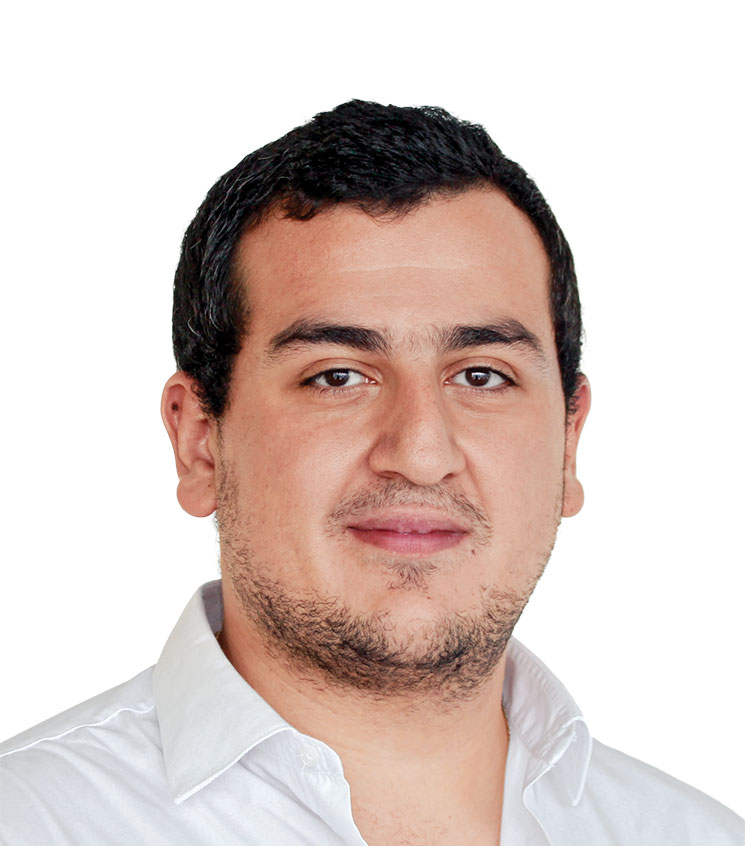
Roche’s New Cancer Immunotherapy Fails in first Late-Stage Trial
 By Antonio Gozain | Senior Journalist and Industry Analyst -
Thu, 03/31/2022 - 13:32
By Antonio Gozain | Senior Journalist and Industry Analyst -
Thu, 03/31/2022 - 13:32
Roche announced that its highly anticipated new cancer immunotherapy failed to slow the progression of an aggressive form of lung cancer. Results from the trial are not encouraging for rival drug developers working on similar compounds, reported Reuters.
The Skyscraper 2 was the first randomized study of the drug, known as tiragolumab, in extensive stage small-cell lung cancer (ES-SCLC). The drug did not meet its co-primary endpoint of progression-free survival, said Roche. The pharmaceutical company will continue testing tiragolumab against other types of cancer.
Skyscraper 2 is a global phase III, randomized, placebo-controlled and double-blinded study evaluating tiragolumab plus Tecentriq and chemotherapy as an initial (first-line) treatment versus Tecentriq and chemotherapy alone in 490 people with extensive-stage small cell lung cancer, according to Roche.
In a statement, the drugmaker said that tiragolumab, combined with its established cancer drug Tecentriq and chemotherapy, failed to reduce the rate of disease progression and death when compared to a group of patients on Tecentriq and chemotherapy only.
“Today’s outcome is disappointing as we had hoped to continue building on the advances of Tecentriq in ES-SCLC, which remains difficult to treat. We are thankful to all the patients and healthcare professionals involved in the study,” said Levi Garraway, Chief Medical Officer and Head of Global Product Development, Roche.
Before Roche’s announcement, Swiss bank ZKB’s analysts had estimated that sales of tiragolumab would reach CHF$3 billion (US$3.23 billion) by 2028. Roche shares were 1.2 percent lower in early trading on Wednesday, reported Reuters. Roche’s first-generation immunotherapy Tecentriq is similar to Merck’s Keytruda and Bristol-Myers Squibb’s Opdivo, according to experts.
The trial failure is disappointing, especially as small-cell lung cancer (SCLC) patients need alternative treatments for their condition, said Stefan Schneider, Head Solutions Germany, Vontobel, to Reuters. "Today's result does not change our probability of success for the other (tiragolumab) trials that we expect to read out later this year. Should tiragolumab work in combo with Tecentriq–it could have significant peak sales potential," he added.
SCLC is the most aggressive form of any lung cancer. It is characterized by rapid progression and poor survival possibilities. Tecentriq was the first cancer immunotherapy to show a survival benefit in ES-SCLC and became the first approved treatment option in 20 years, according to Roche. “More options are needed, particularly for hard-to-treat cancers like SCLC, and Roche is committed to exploring innovative medicines to improve outcomes for people with lung cancer,” said the drugmaker.
While lung cancer in Mexico is ranked seventh in terms of frequency, it is the most lethal cancer in the country, according to CNDH. Around 71 percent of SCLC and non-small lung cancer cases in Mexico are caused by smoking, and from 1990 to 2016, the death rate fell on average 1.9 percent each year nationally, according to INSP.
















